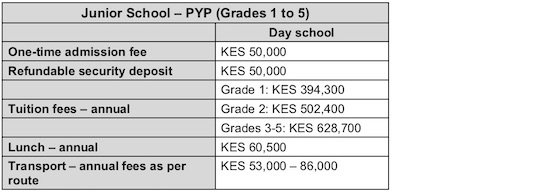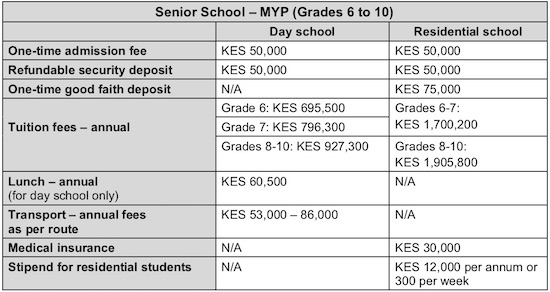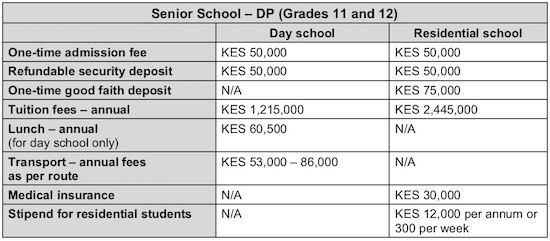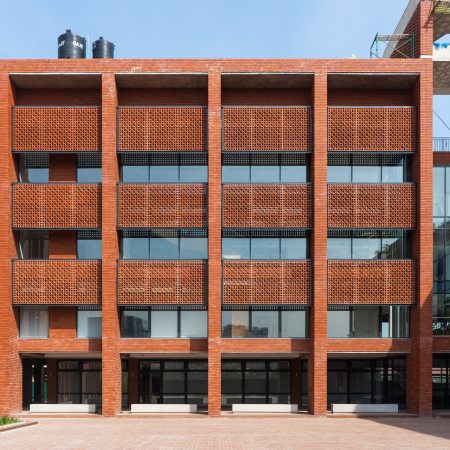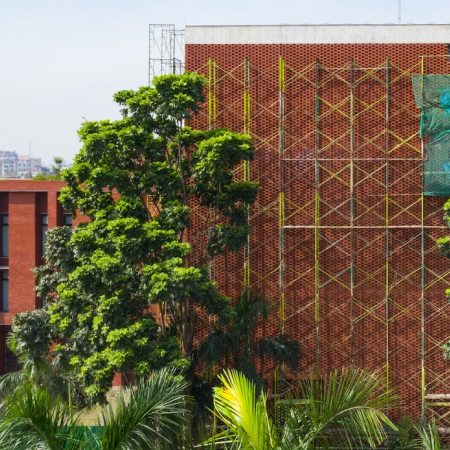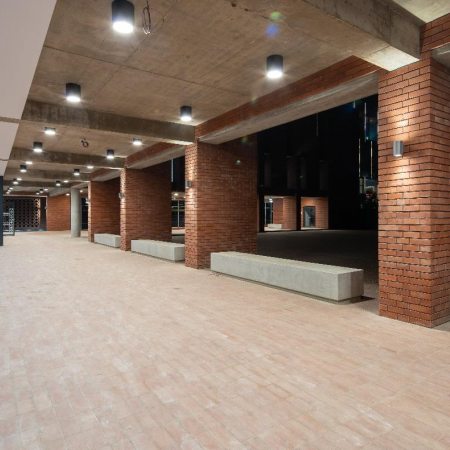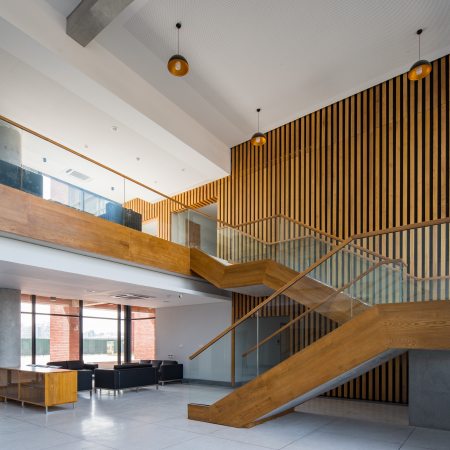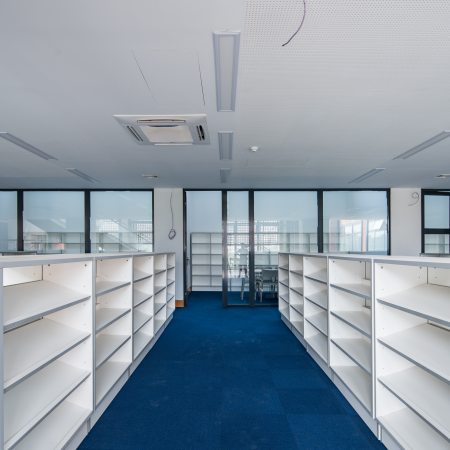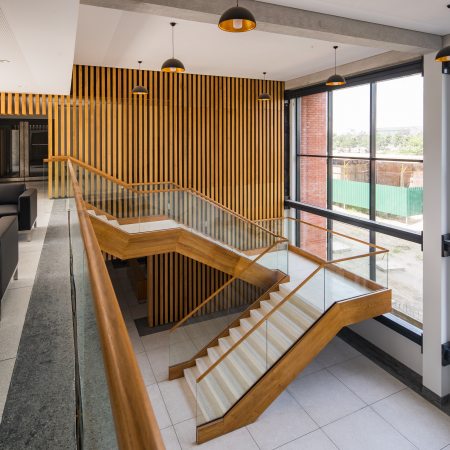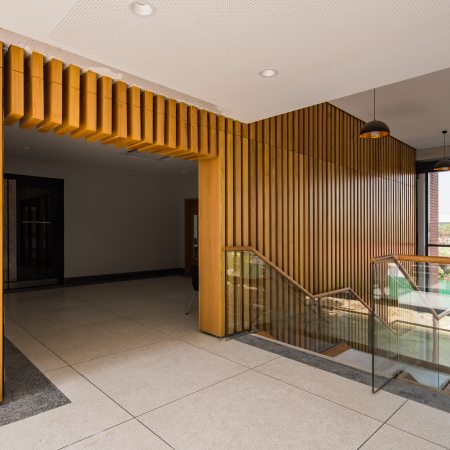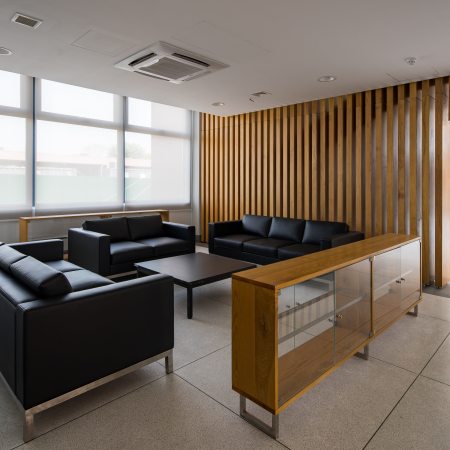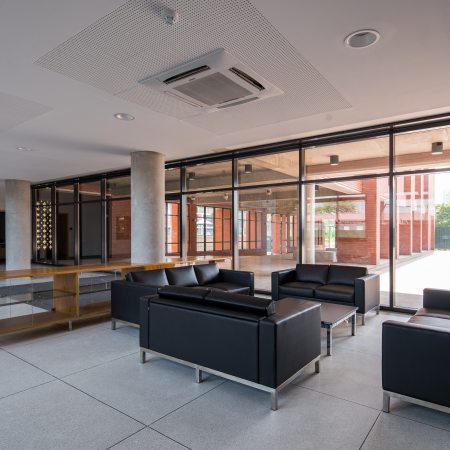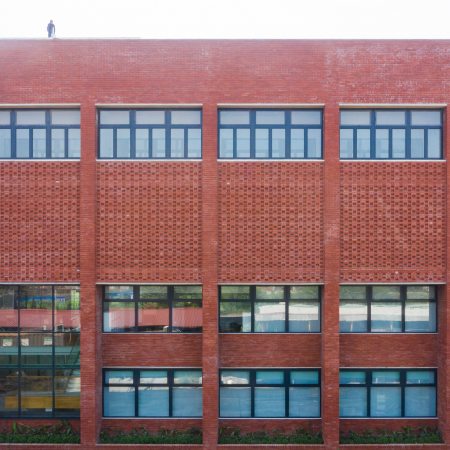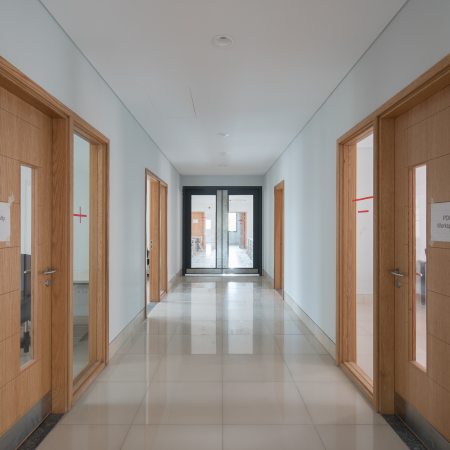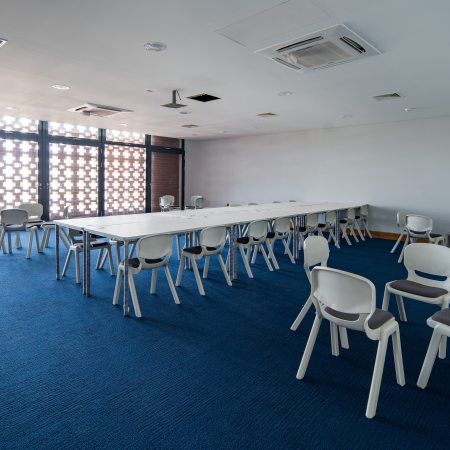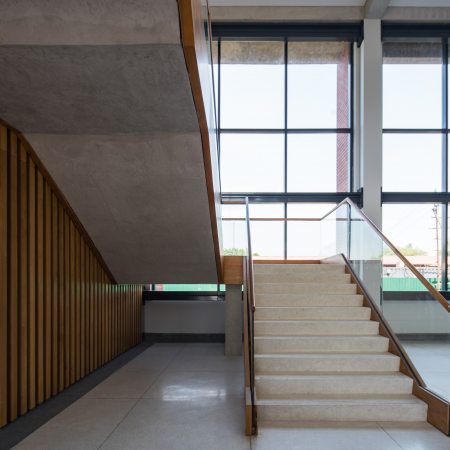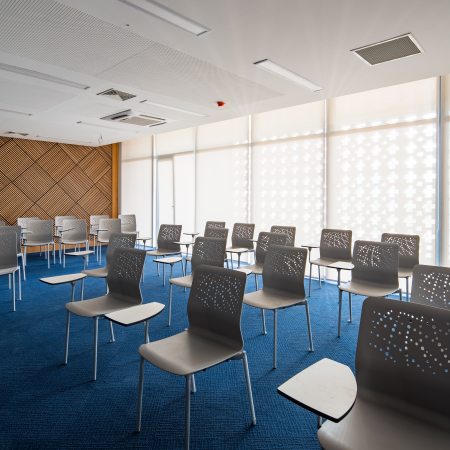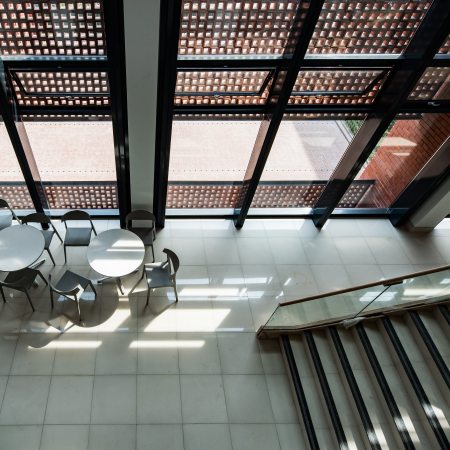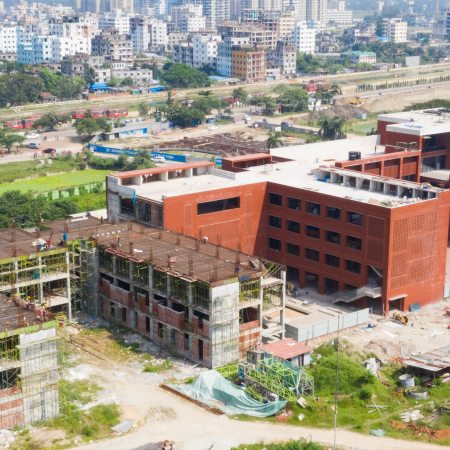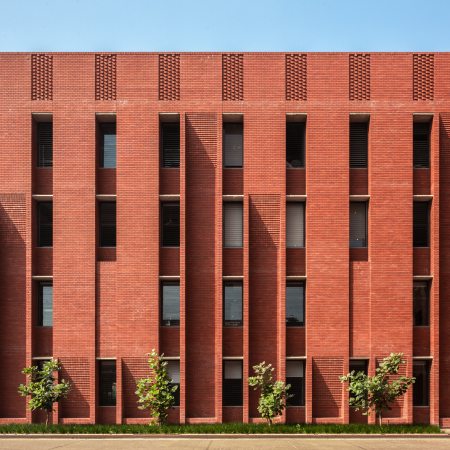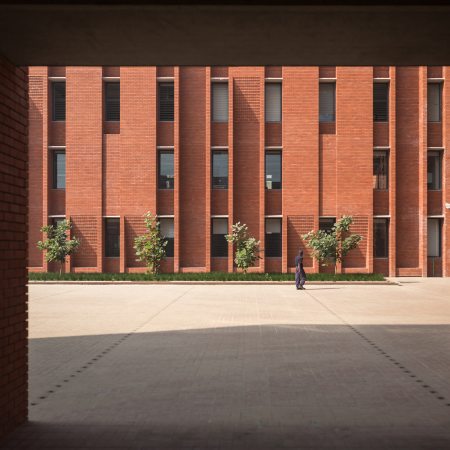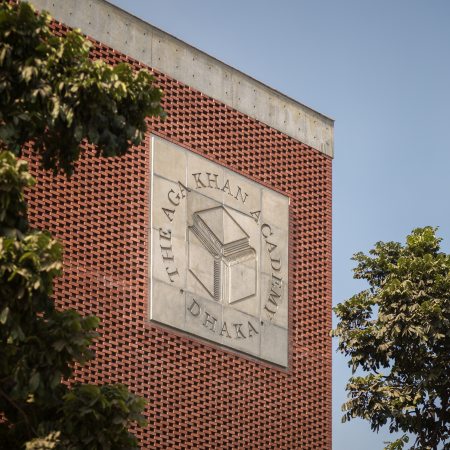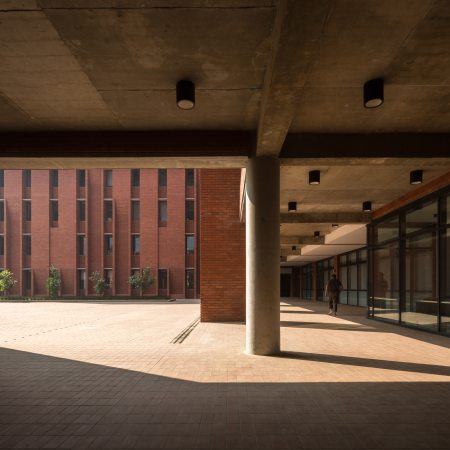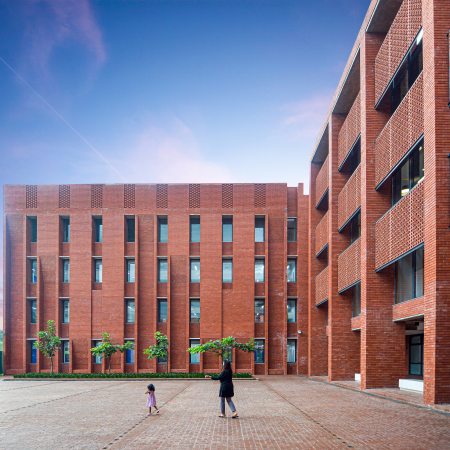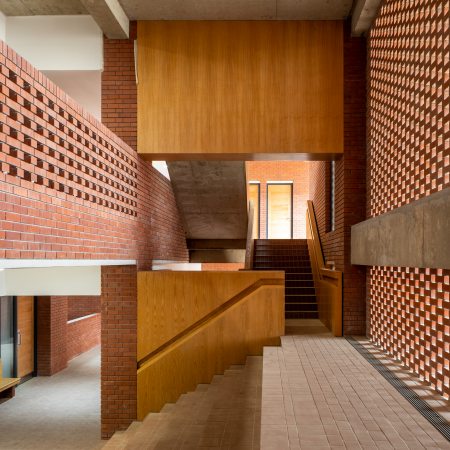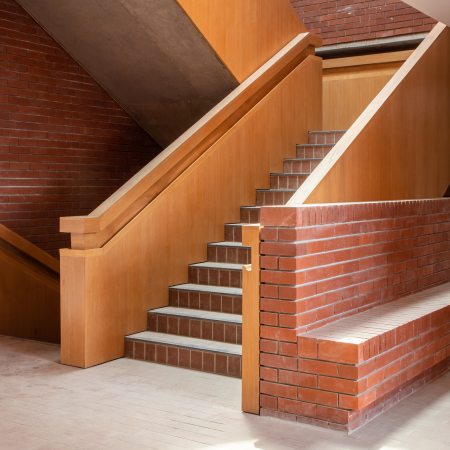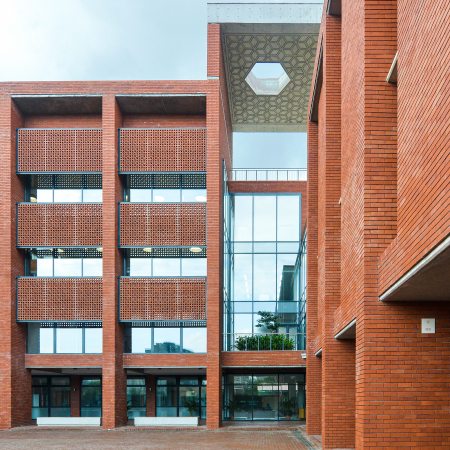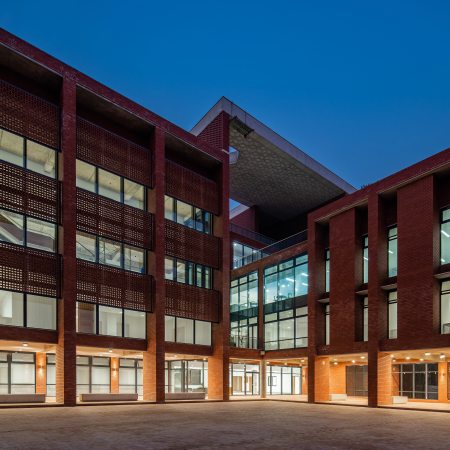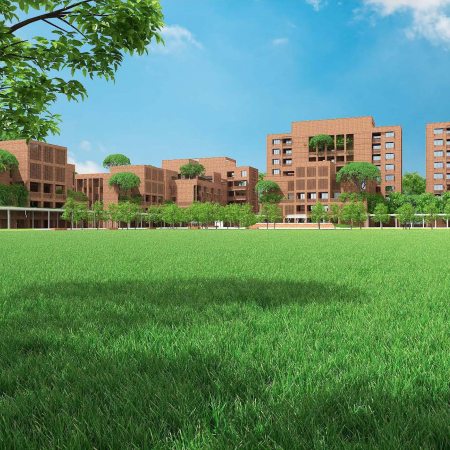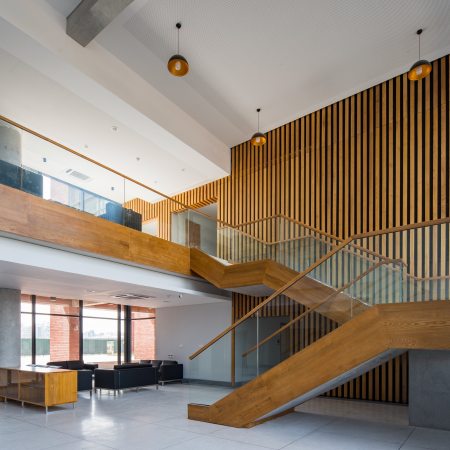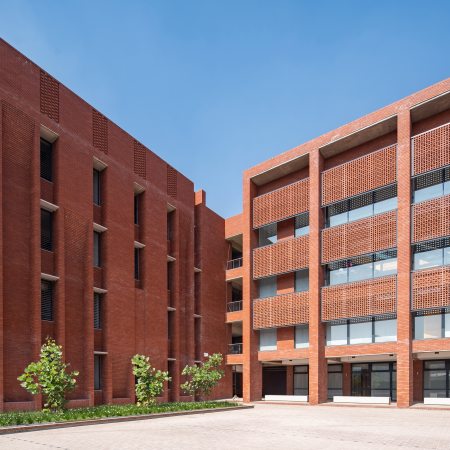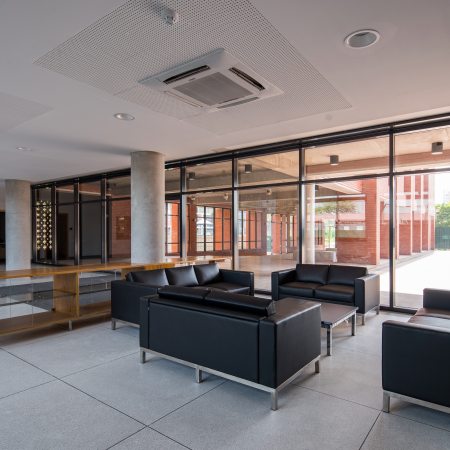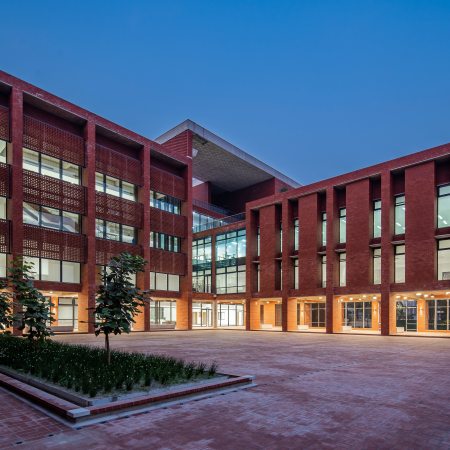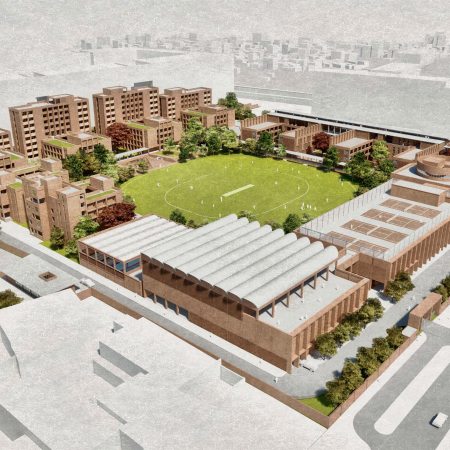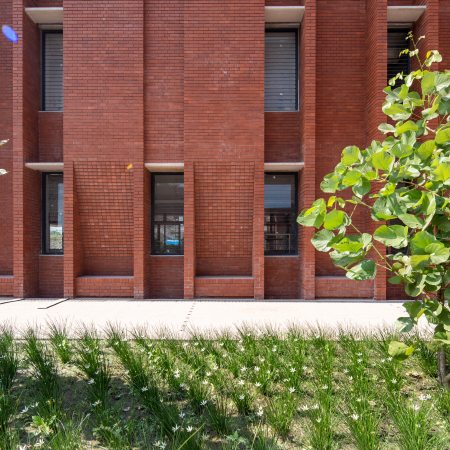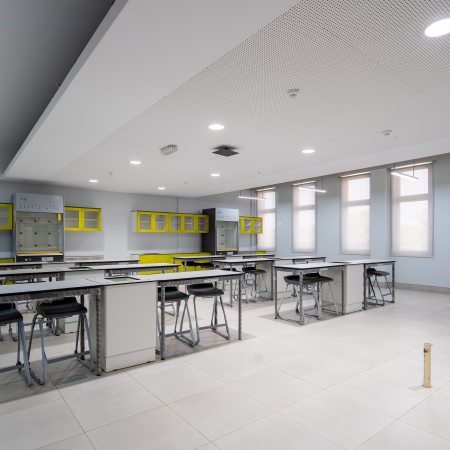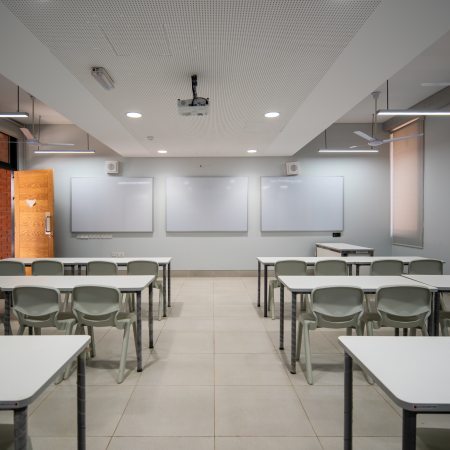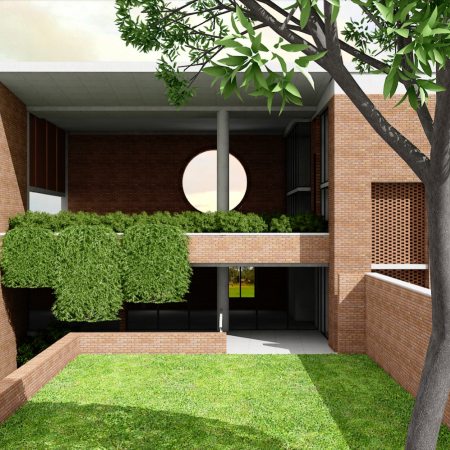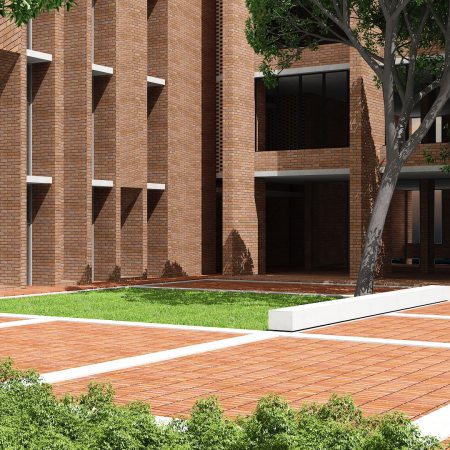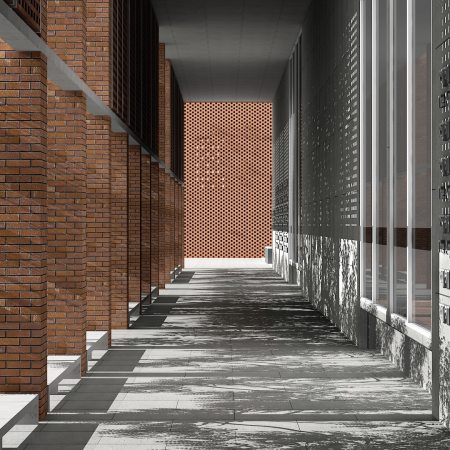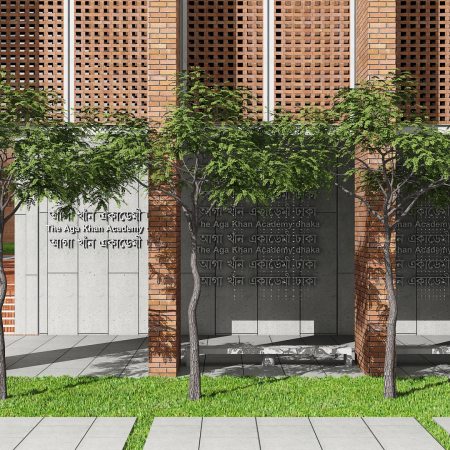Students from Telangana Social Welfare Residential School get admission at the Aga Khan Academy Hyderabad
After a careful analysis of the Talent Identification data, all assessments were held before the lockdown, the Academy has finalised and offered a place to two candidates for the academic year 2020-21. These two students will be fully sponsored by donors, who have generously agreed to fund their education from Grade 7 through to graduation.
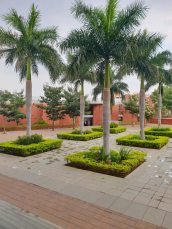
Premier Kathleen Wynne's Visit to the Aga Khan Academy, Hyderabad
Photo gallery of the visit by the Honourable Kathleen Wynne, Premier of the Province of Ontario, to the Aga Khan Academy, Hyderabad on 4 February 2016.
Fee schedule test
Fee schedules for the 2018-2019 academic year.
![]() Aga Khan Academy Mombasa Fee Schedule – 2018-19
Aga Khan Academy Mombasa Fee Schedule – 2018-19
Notes
1 The above fee is applicable to the residents of African countries and subject to an annual review.
2 A one-time Non-Refundable Admission Fee is payable for student enrolling for the first time. The admission fee must be paid to secure the place for a child in the Academy. This cannot be deferred or paid in instalments. The due date is one week after the offer has been accepted.
3 A one-time Refundable Security Deposit is also payable on acceptance of admission and should be paid together with the admission fee mentioned above. It is refundable when a student leaves the school as long as the required notice has been given in writing and “No Dues” clearance is obtained from the Academy. No interest is payable on this deposit.
4 The residential students will pay the premium for medical insurance separately as indicated in the fees table above. This will be arranged by the Academy and the premium will be due along with the first tuition fee instalment.
5 The following Residential Programme fees are applicable to international students and payable in USD: Grades 6 and 7: USD 25,800; Grades 8 to 10: USD 28,700; and DP Program: USD 35,900. All other charges are applicable as per the table above.
6 A Sibling Discount of 5% is applicable on Tuition Fees for the second child and subsequent children.
7 Tuition fee is payable in three equal instalments, no later than 15 July, 31 November, and 1 March for each academic year.
8 Tuition fees may be paid in full for the whole year with an early-payment discount of 3%, if paid before 15 July. This discount is applicable on the net amount payable after other discounts have been deducted.
9 The fees can be paid in US dollars or Kenyan Shillings. The US Dollars fees will be indicated on the invoice using the Central Bank of Kenya’s exchange rate on the invoice date. The Academy however reserves the right to change this policy.
10 The Academy will charge a monthly surcharge of 3% on the total outstanding dues older than 30 days, and in case the fees are not paid within one month’s period following the deadline, the student will not be allowed to attend classes as well as participate in the other activities undertaken by the Academy.
11 Tuition fee includes course fee, use of essential course books, library books, IT and science laboratory equipment and certain classroom supplies. This however does not include uniform.
12 Starting from Grade 4, students may also take up to three field trips including curriculum, bonding and optional trips, for which the parents will be invoiced separately. Information on these field trips will be shared with parents at least one month in advance.
13 Exam fees for MYP and Diploma will be billed separately based on actual fee from International Baccalaureate Organization (IBO).
14 The Academy no longer accepts cash for fee payments. All payments must be made by direct bank deposit, bank transfer, or Mpesa even if payment is made by a third party such as a sponsoring organization. Parents must provide the finance office (mba-bursar@agakhanacademies.org), with a hard or an electronic copy of the proof of payment showing the full name of student and Student Identification Number within 15 days of fund transfer for issuance of payment receipt. Absence of this information may delay crediting the fees reflected on your account in our system.
15 Parents are responsible for ensuring that the fees payments are made into the correct bank account of the Academy. In the unlikely event of any change in bank account, the changes will be communicated to parents in writing via a hand delivered letter from the Academy.
16 If a student wishes to leave the Academy, one term’s advance notice of withdrawal must be given in writing or one term of the annual fees will be due and payable. School clearance will not be possible until any outstanding dues are settled in full.
17 The Academy reserves the right to withhold results, school certificate, transcripts or any other information and/or document until all outstanding dues are settled in full.
18 The admitted students, who demonstrate financial needs and duly fill in and submit the application with the required supporting documents with stipulated time, can be considered for Financial Aid. An independent Financial Aid Committee is responsible for reviewing and approving any request for Financial Aid by the students.
19 The above terms and conditions may be modified or new terms may apply to reflect changes in the law or our services. For further information please contact us at
MBA-BURSAR@agakhanacademies.org.
Aga Khan Academy Dhaka Construction Diary
Our construction team has been working diligently on the Aga Khan Academy Dhaka for the past month and we're eager to share some progress updates with you! The Maidan is all set as the grass work has been completed, and the concrete blocks on the covered walkway of the Maidan have been placed. Finishing touches are currently being applied to the pavement on the east side of the Academy and the north side of the boundary wall. In addition, the team has been working on the central courtyard, entry and exit points for school buses and private vehicles, the northeast guard room, and paint work at the gates. These new developments have us incredibly excited and we can't wait for the Academy to launch in a few weeks!
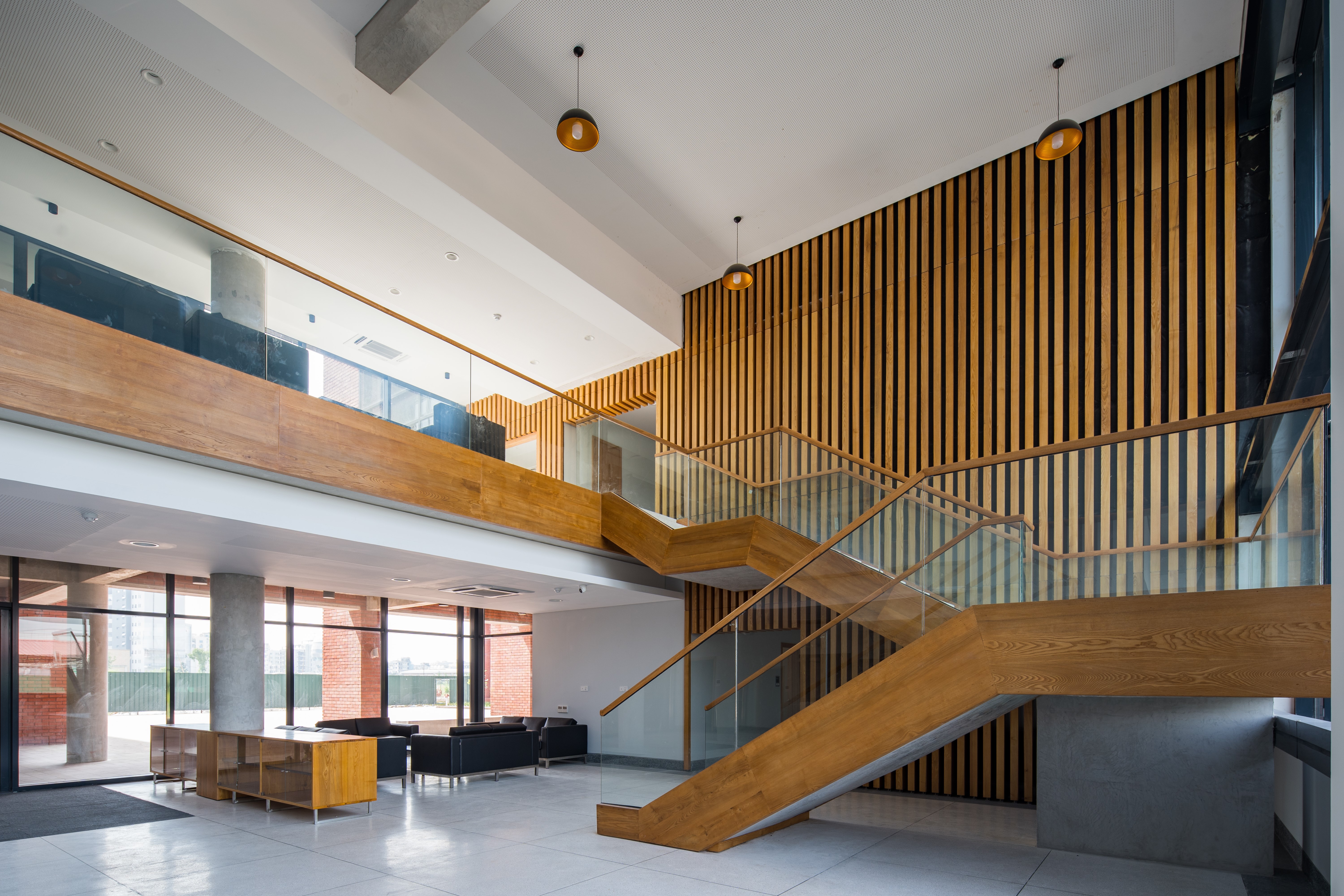
Senior School application form
Senior School application form
Press Images for the Aga Khan Academy Dhaka
Please find below a selection of downloadable photographs for press usage, alongside our latest construction update in video format. Please contact us if you require these assets in alternative formats.

Humans of the Aga Khan Academy - photography exhibition
9am - 9pm on Thursday 5th October and from 9am - 5pm on Friday 6th October at the Student Lounge. Beautiful portraits of individuals within the Academy community with accompanying quotes.
Africa and Beyond Student Conference
About our Student Conference 2025
The Aga Khan Academy Mombasa, in collaboration with the International Baccalaureate’s (IB) Festival of Hope, is thrilled to host its first-ever Africa and Beyond Student Conference 2025 from 23-25 April. This student-led conference, for students from IB and non-IB schools, will be centred around creative arts, culture and service, under the inspiring hashtag #HopeInAction. This unique event will empower students to explore Africa’s vibrant heritage, creativity and commitment to service through “ubuntu", using these themes as lenses for social change. Designed by students, for students, the conference will provide a dynamic space to connect, learn and take actionable steps toward a hopeful and impactful future. Join us as we celebrate youth agency and Africa’s rich contributions to global culture and service!
What to expect:
Creative approaches: Discover innovative, hands-on methods in arts, culture and service that empower students to create change – starting with hope and moving towards action.
Empowering conversations: Connect with peers in dynamic discussions about how young leaders can use their passions to drive social impact in their communities.
Actionable takeaways: Walk away with practical strategies and insights to apply in your school or community, empowering you to turn your vision of hope into impactful change.
Workshop fees
- Early Bird: USD 100 (1 January-21 February)
- Regular: USD 150 (22 February-10 March)
- Accommodation: USD 40 per night
-
Transport to and from the airport
-
Internal transport for the conference
-
All meals for the conference including dinner from 23 to 25 April. Kindly note that meals on 22 and 26 are expected to be self-catered.
-
Workshop resources
Accommodation for the Africa and Beyond Student Conference 2025 will be provided at the Kenya School of Government (KSG), located just five minutes away from the Academy in Mombasa. KSG offers a homely and unique experience that combines comfort, convenience and a vibrant setting perfect for student learning and cultural exchange.
Participants will stay in the newly built wing, where each spacious room is thoughtfully designed for individual comfort and productivity. Every room accommodates one person and features:
- A cosy individual bed for restful nights
- Air conditioning for a refreshing atmosphere
- A television for relaxation
- A personal work table and wardrobe for convenience
- An ensuite washroom for privacy and comfort
The serene setting and modern facilities of KSG make it a perfect place for participants to rest and recharge. Its proximity to the conference venue ensures ease of transport, with daily shuttle services provided to and from the Academy.
With schools from across Africa and beyond staying at KSG, participants will also have the opportunity to engage in cultural exchange and network with peers, creating lifelong connections and shared experiences.
You can explore the KSG gallery through the provided gallery link for a closer look at the venue. For reservations and payments, please contact admissions.mombasa@ksg.ac.ke directly.
Participants are expected to arrive on 22 April and depart by the morning of 26 April. Arrivals or departures outside of these dates will require personal arrangements for both transport and accommodation.
Sessions
The conference’s sessions will be a dynamic, student-led experience designed by students for students. Over three inspiring days, student facilitators will guide participants through an engaging mix of workshops, insightful discussions, creative performances and interactive activities. The first two days will feature skill-building workshops, thought-provoking panel discussions and collaborative activities that delve into themes of service, creative arts and cultural expression.
On the final day, participants will take part in immersive hands-on experiences, including a dedicated service day, an art exploration day and cultural sessions led by on-ground experts. This unique opportunity will allow students to dive deeply into local culture, fostering connections through art, service and cultural exchange, and empowering them to apply the "HopeInAction" mindset in meaningful ways.
We are looking for passionate students who are excited and willing to be part of the student team by hosting either a workshop, activity, etc. If you and your team are interested, kindly fill out this form and get in touch with the student conference design team at servicelearning@agakhanacademies.org.
Recreational Opportunities
During the conference at the Academy, students will have access to a variety of recreational spaces, including:
- A swimming pool
- An astroturf and main field
- A multi-purpose hall and more
These facilities provide plenty of opportunities for socialising, unwinding and fostering a sense of community after the day’s activities. You can explore our Academy through the picture gallery here.
Registration form
To register, please click here.
Each school is allowed to register a maximum of 10 students from Grade 9 and above and two adult chaperones. If your school has more, kindly get in touch with us through the contact email below.
Please note that payments must be made collectively by the school rather than individually by participants or chaperones. An invoice will be issued once payment confirmation is received and the full amount must be paid before the deadline. A receipt will be provided upon completion of payment.
Queries
For any queries, please contact the organising team at servicelearning@agakhanacademies.org.
Aga Khan Academies Newsletter
Click here to read the April 2016 edition of the newsletter
